How Accurate Are Those Cheap Amazon 0.01/0.001g Scales?
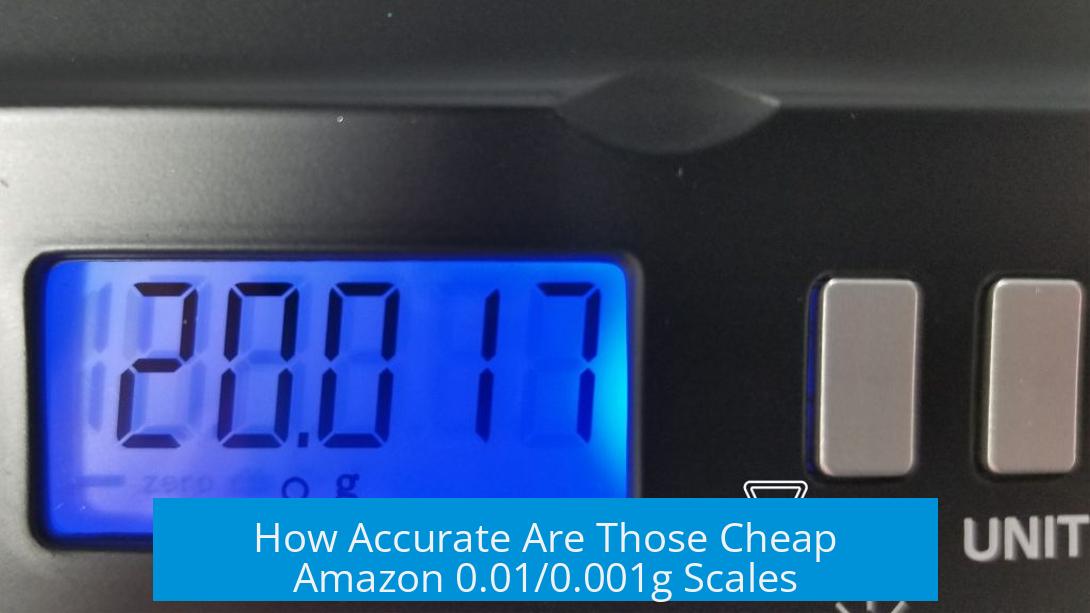
Cheap Amazon scales with 0.01g or 0.001g resolution often lack reliable accuracy and consistency, but some models, especially at the 0.001g precision level, can be reasonably accurate if tested and calibrated properly.
Testing and Verifying Accuracy
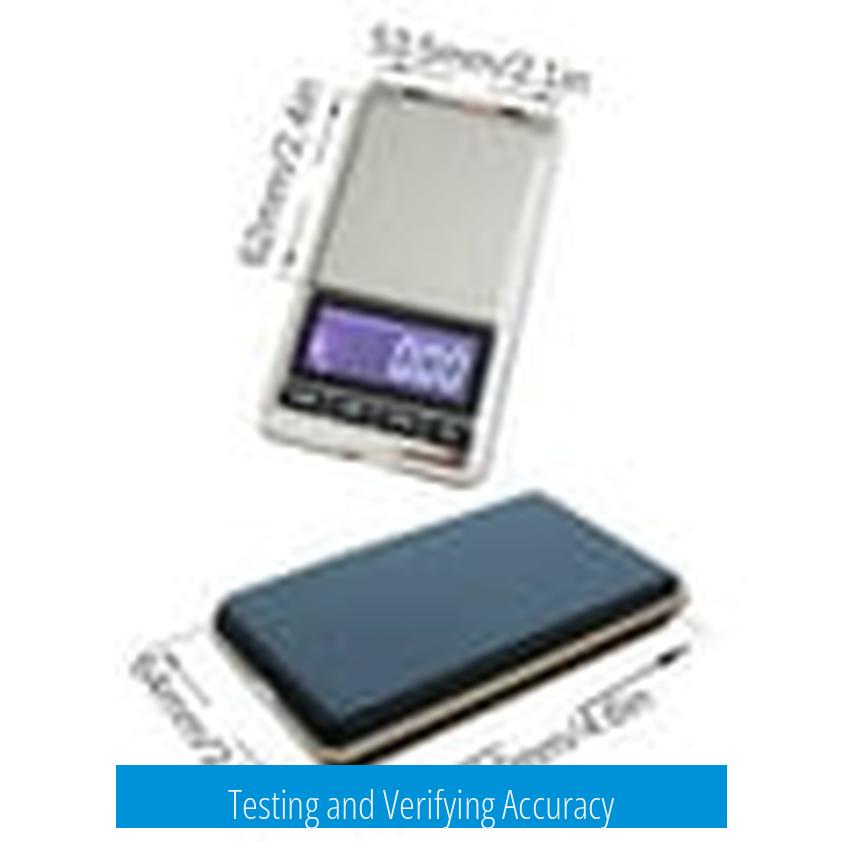
The only sure way to know a cheap scale’s accuracy is by measuring known calibration weights. Without this step, accuracy claims are unverified. Some users report consistency among multiple budget scales, but consistent results do not guarantee correctness.
Quality vs. Price
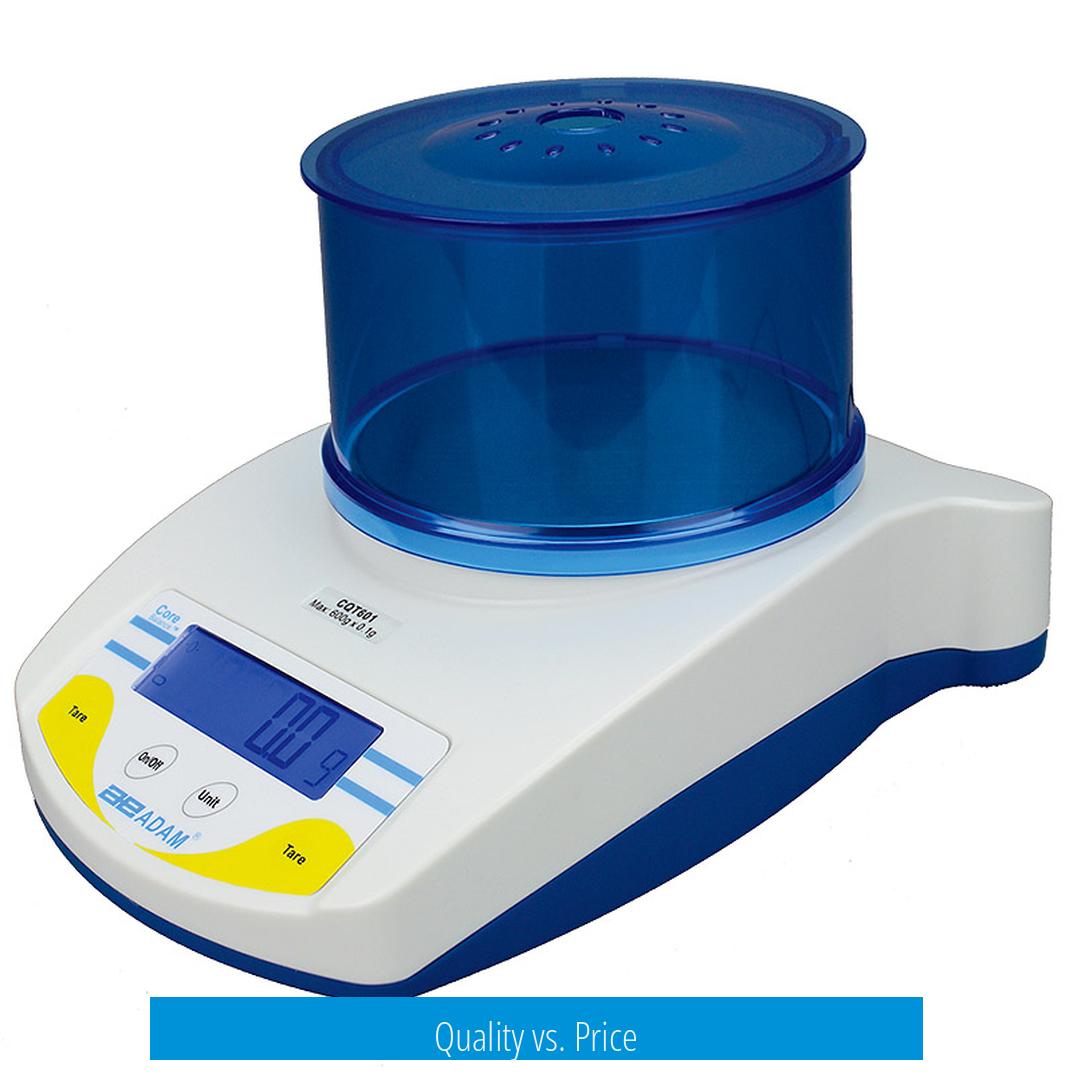
Budget scales reflect their low cost. The old adage “you get what you pay for” applies. Scales claiming 0.01g precision often perform poorly. Investing in a 0.001g scale from a reputable brand yields better results.
Caution with Amazon Basics and Similar Brands
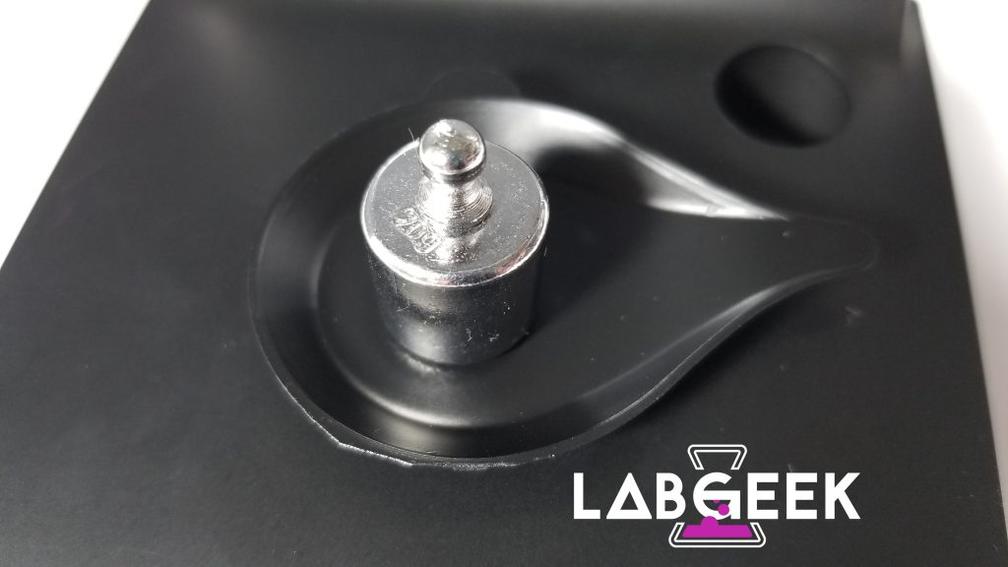
Many users advise against trusting cheap Amazon Basics scales, especially those with 0.01g resolution. These models frequently lack accuracy and reliability. For slightly better alternatives, non-Amazon brands with 0.001g resolution are recommended.
Examples and Alternatives
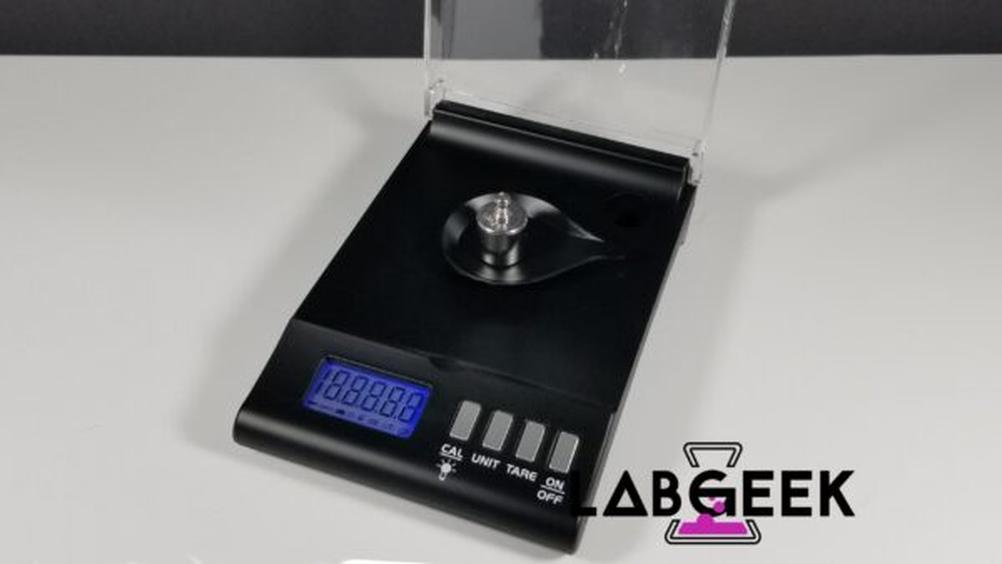
- Some inexpensive milligram scales show about 0.02% deviation, acceptable for non-critical use.
- Calibration weights included with some models may not be perfectly accurate but help in adjusting readings.
- Brands like American Weigh Scales (AWS) offer affordable scales with better precision and options for recalibration, making them a more reliable choice than generic cheap scales.
Practical Tips for Using Cheap Scales
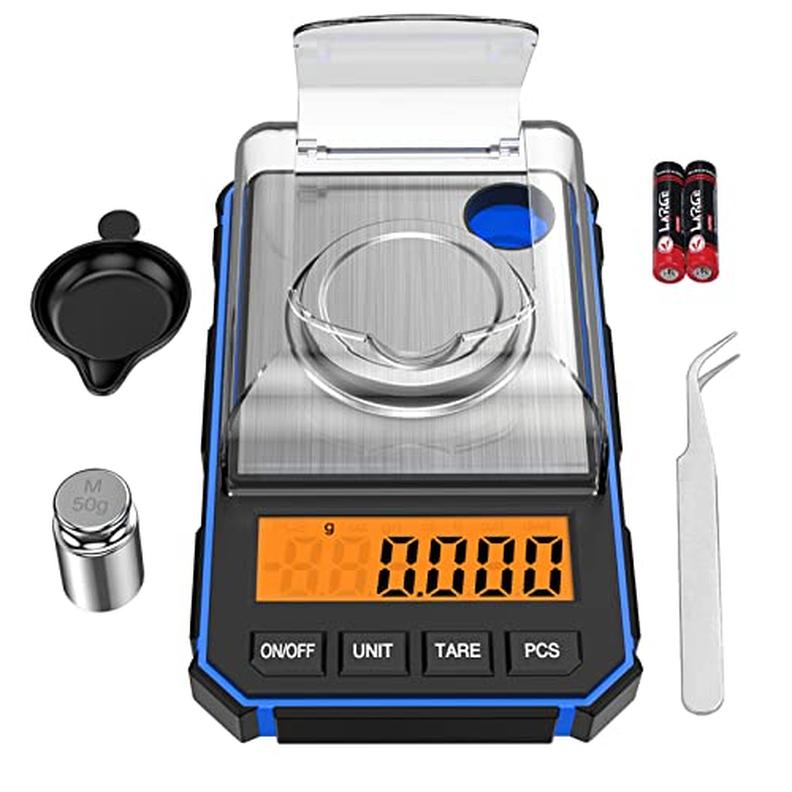
When using low-cost scales, it is best to ignore or treat the last displayed digit as approximate. Using it for rounding rather than exact measurement reduces error risks.
Key Takeaways
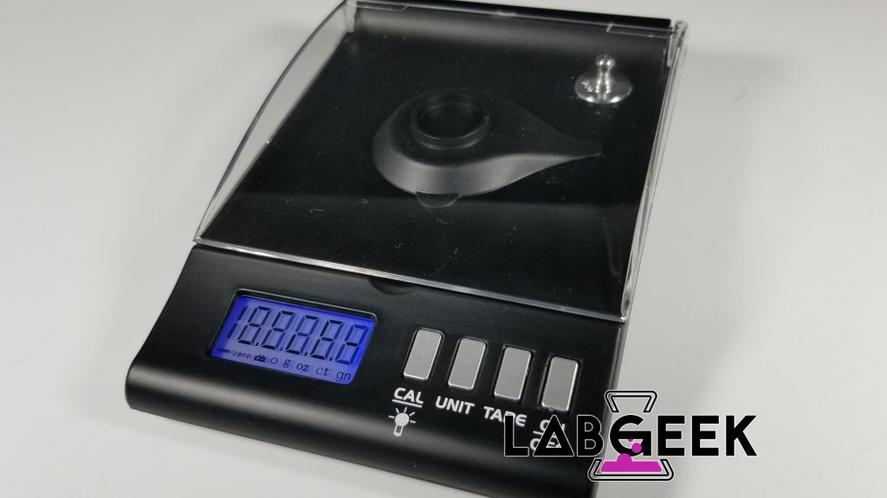
- Verify cheap scale accuracy by testing with certified calibration weights.
- Consistent readings across cheap scales don’t guarantee true accuracy.
- 0.01g precision cheap scales often perform poorly; prefer 0.001g models.
- Avoid Amazon Basics; consider brands like American Weigh Scales.
- Ignore the last digit on cheap scales to reduce error impact.
How Accurate Are Those Cheap Amazon 0.01/0.001g Scales? Let’s Weigh In.
So, you’re wondering if those flashy little scales selling for pennies on Amazon, boasting accuracy down to 0.01g or even 0.001g, really measure up. Spoiler alert: It’s complicated. These tiny gadgets promise precision, but do they deliver? Let’s unwrap the truth with facts, critiques, and some straightforward advice.
First off, the only way to confirm accuracy? Buy one and test it against known calibration weights. Yep, that’s the gold standard. Each cheap scale — especially those sub-$20 gizmos — needs scrutiny to see if its digits actually mean anything.
The Consistency Paradox: Same ‘Wrong’ Weight on Multiple Cheap Scales
Here’s an interesting tidbit from users with multiple scales — some folks bought three cheap 0.000g scales from AliExpress. When measuring the same sample, all three showed the very same weight. Does that mean they’re spot-on? Not necessarily.
The catch? They could all be consistently wrong, like a squad of friends all getting lost but agreeing it’s exactly the same wrong path. Consistency is great—it suggests reproducibility—but it doesn’t guarantee correctness. So, while your cheap scale may “agree” with its siblings, that doesn’t mean the measurement is accurate.
“You Get What You Pay For” — The Unvarnished Truth
There is a brutally honest principle in play: Quality reflects price. Penny-pinching on these scales often means cutting corners on sensors, build materials, and calibration. If you want a scale that’s precise and reliable, you’ll likely have to shell out a bit more.
For example, Amazon Basics 0.01g scales often fall short of expectations. Several users report they “stink,” with poor precision and flaky readings. The recommendation? Avoid them and look for brands that offer 0.001g fidelity instead, as that level of precision tends to be better engineered.
Trust Issues with Cheapo Scales: A Cautionary Tale
Would I trust a cheap Amazon 0.001g scale with my precious herbs, spices, or lab work? Honestly, probably not. Many experienced buyers express outright distrust, especially when the scale is from a no-name or Amazon Basics brand. They tend to fluctuate, lag, or drift without warning.
That said, not all budget scales are completely hopeless. Some bargain mg scales have pleasantly surprised buyers by delivering around 0.02% deviation—a respectable margin for most casual users. If it comes with a decent calibration weight (which itself can be cross-checked on a reliable rig), then that scale might just make it into your budget tool kit.
Pro Tips: How to Read Measurements from a Cheap Scale
- Don’t trust the last digit. Treat it like that noisy friend who keeps mumbling nonsense—ignore it or use it only to decide if you round up or down.
- Regularly calibrate your scale if it supports recalibration. Recalibration can dramatically improve accuracy and reliability over time.
- If your scale doesn’t allow recalibration, periodic spot checks with known weights will help catch drift before it drives you nuts.
Discarding the last digit might sound like losing precision, but it’s actually sensible with cheap scales. This small trick transforms erratic readings into something practically useful.
Consider Known Brands: American Weigh Scales (AWS) as a Solid Alternative
Here’s a little secret from the weighing world: American Weigh Scales (AWS) offers affordable, accurate scales that often fly under the Amazon radar but hold up well for precision tasks.
Many AWS models come with calibration functionality, enabling users to fine-tune accuracy—something that generic cheap scales lack. Plus, their build quality generally outperforms no-name brands. If you want an affordable scale that won’t leave you guessing and disappointed, AWS deserves a look.
Should You Buy a Cheap 0.01g or 0.001g Scale From Amazon?
If precision is non-negotiable—say you handle jewelry, pharmaceuticals, or need exact dosing—the answer leans toward no. Many cheap 0.01g scales on Amazon provide unreliable fidelity; their tiny numbers don’t always match real weight.
However, if you’re weighing ingredients for cooking, hobby projects, or other less critical uses, a low-cost scale that’s been tested and calibrated might serve well enough. Just keep in mind, treat the last digit like a wild guess.
Final thought: Don’t be lured by the flashy “0.001g” sticker alone. Check reviews, buy from reputable brands like AWS, and always calibrate using known weights. Precision scales are a bit like fine knives—buy the cheap one, and you might find it dulls fast.
Ready to Weigh Your Options?
Before hitting “Add to Cart,” ask yourself a few questions: How accurate do I need this scale to be? Can I invest in a model that offers recalibration? Am I willing to test it rigorously with calibration weights?
By answering these honestly, you’ll save money and avoid frustration. Remember, in the world of 0.01g and 0.001g precision, cheap can work—but often only with some savvy testing and throwing out that pesky last digit.
Are cheap 0.01g or 0.001g scales from Amazon truly accurate?
The only sure way to check accuracy is by measuring known calibration weights. Without testing, accuracy claims are uncertain.
Can multiple cheap scales show consistent but inaccurate measurements?
Yes. Several budget scales can agree with each other, yet still be off from the true weight. Consistency doesn’t equal correctness.
Is it wise to trust the last digit on a cheap 0.001g scale?
No. It’s better to ignore the last digit or use it only for rough rounding. Cheap scales often produce noisy final digits.
Are Amazon Basics 0.01g scales reliable?
They are generally considered low quality. Spending more on a better brand with 0.001g precision is recommended.
Are there affordable alternatives to cheap Amazon scales that perform better?
Yes. Brands like American Weigh Scales (AWS) offer reasonably priced, more accurate models. Some allow recalibration to maintain accuracy.


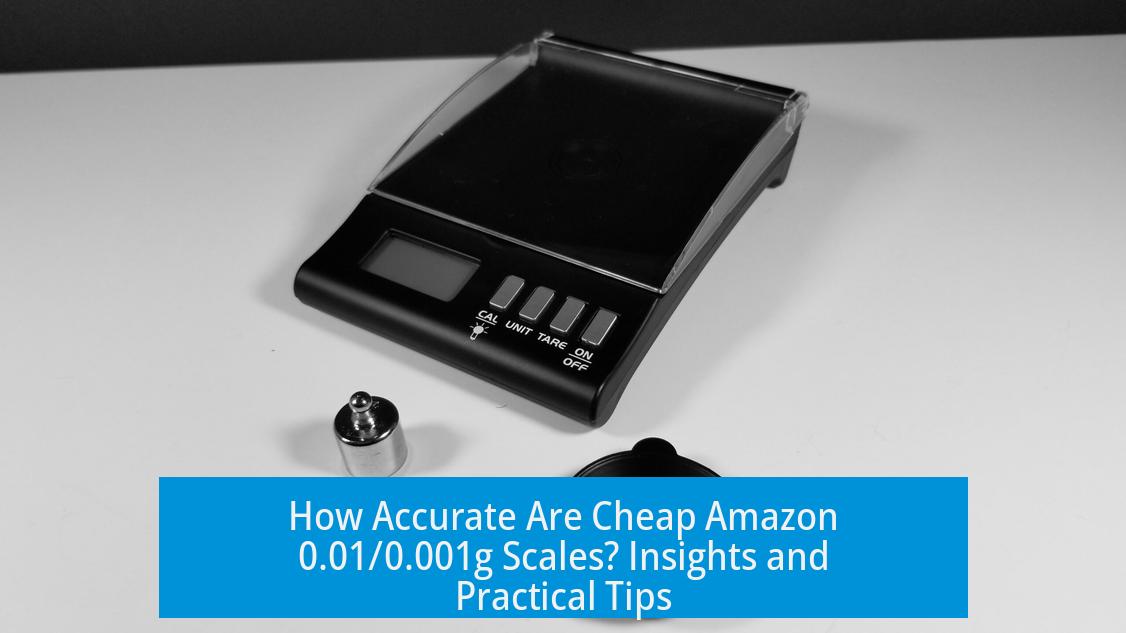
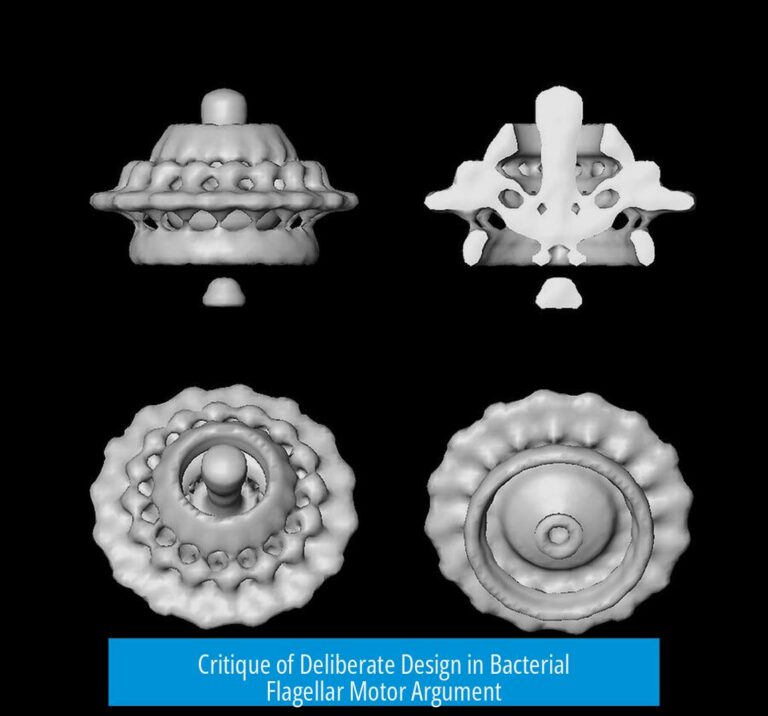
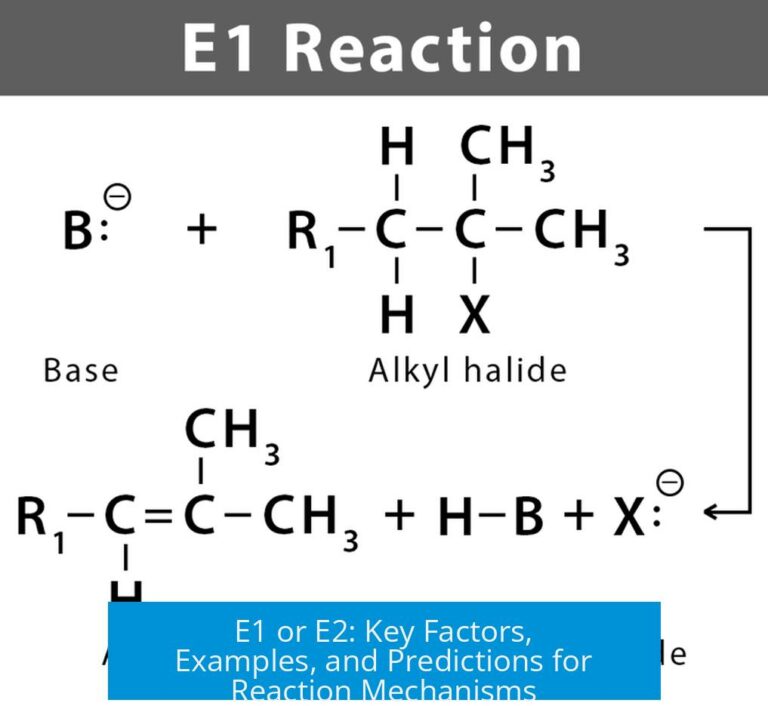
Leave a Comment